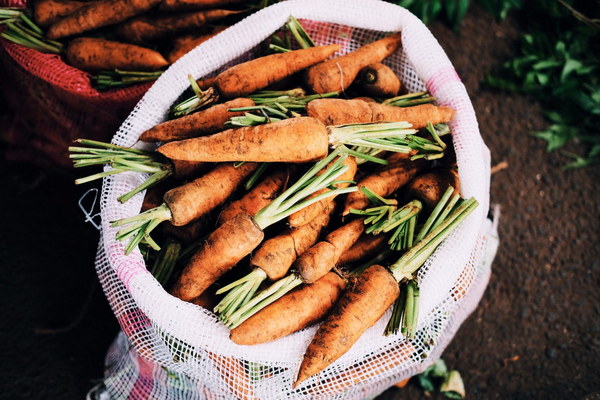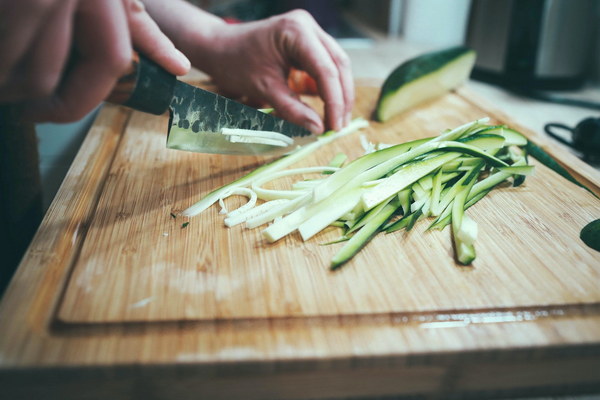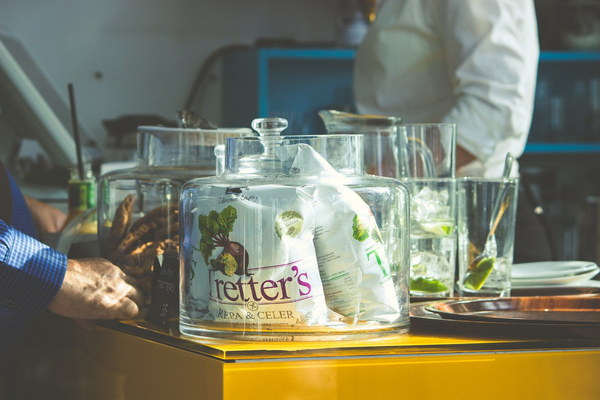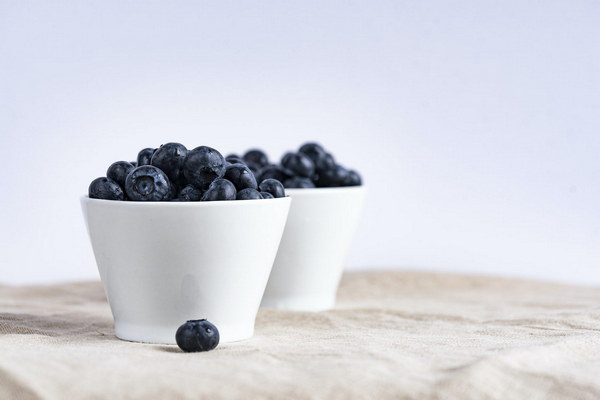Breath in the Fresh Air Post-Tai Shan Climb Lung Detox and Nourishment Guide
After conquering the majestic Mount Tai, one is left with a sense of exhilaration and a renewed appreciation for nature's wonders. However, the physical exertion of such an adventure can leave the lungs feeling weary and strained. Here, we offer a comprehensive guide on how to detoxify and nourish your lungs post-Tai Shan climb.
Understanding the Aftermath of the Climb
The climb up Mount Tai is not only a test of physical endurance but also a journey that takes a toll on the respiratory system. The high altitude, combined with the physical effort required to ascend the mountain, can cause temporary respiratory stress. To aid in the recovery process, it is essential to focus on lung detoxification and nourishment.
1. Hydration: The Key to Lung Detox
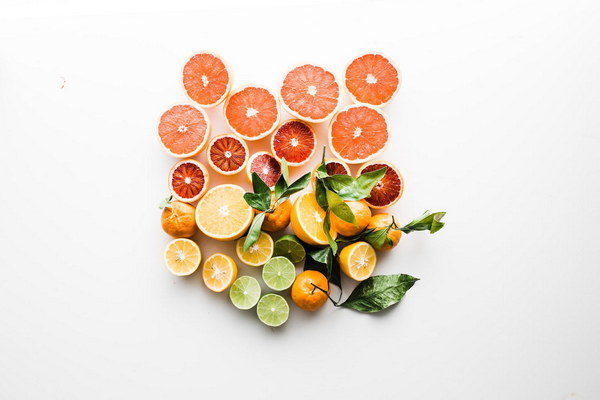
One of the most effective ways to detoxify the lungs is through proper hydration. Water helps to thin mucus, which can be thicker and more difficult to expel after physical exertion. Aim to drink at least eight glasses of water daily, and consider adding herbs like mint or ginger to your water for an extra boost.
2. Breathing Exercises
Deep breathing exercises can help to increase lung capacity and expel stale air from the lungs. Techniques such as the diaphragmatic breathing or the alternate nostril breathing can be particularly beneficial. Spend a few minutes each day focusing on your breath, and you may notice an improvement in your lung function.
3. Herbal Remedies
Herbal remedies have been used for centuries to support lung health. Some popular herbs include:
- Elderberry: Known for its immune-boosting properties, elderberry can help to reduce inflammation and congestion.
- Peppermint: This herb can help to open up the airways and reduce mucus.
- Thyme: Thyme is a natural expectorant that can help to clear out the lungs.
Consider adding these herbs to your diet or as a tea to aid in lung recovery.
4. Aromatherapy
Aromatherapy can be a soothing way to support lung health. Essential oils such as eucalyptus, peppermint, and lavender can help to open up the airways and reduce inflammation. Diffuse these oils in your home or apply them topically (diluted with a carrier oil) to enjoy their benefits.
5. Diet: Nourish Your Lungs with the Right Foods
Your diet plays a crucial role in lung health. Incorporate the following foods into your post-climb meals:
- Fruits and Vegetables: High in antioxidants and vitamins, fruits and vegetables can help to protect and repair lung tissue.
- Omega-3 Fatty Acids: Found in fish, flaxseeds, and chia seeds, omega-3s can help to reduce inflammation and improve lung function.
- Green Tea: Rich in antioxidants, green tea can help to reduce oxidative stress and support lung health.
6. Rest and Relaxation
Rest is essential for lung recovery. Allow your body time to heal and avoid strenuous activities until you feel fully recovered. Additionally, practices such as yoga and meditation can help to reduce stress and improve respiratory function.
Conclusion
Conquering Mount Tai is a remarkable achievement, but it is important to remember that the journey does not end at the summit. By focusing on lung detoxification and nourishment, you can ensure that you make a full recovery and continue to enjoy the benefits of your climb for years to come. Remember to stay hydrated, practice breathing exercises, utilize herbal remedies and aromatherapy, eat a lung-friendly diet, and prioritize rest and relaxation. With these tips, you'll be well on your way to rejuvenating your lungs and embracing a healthier life.
